Chuck Shurley: A Deliberate Deception
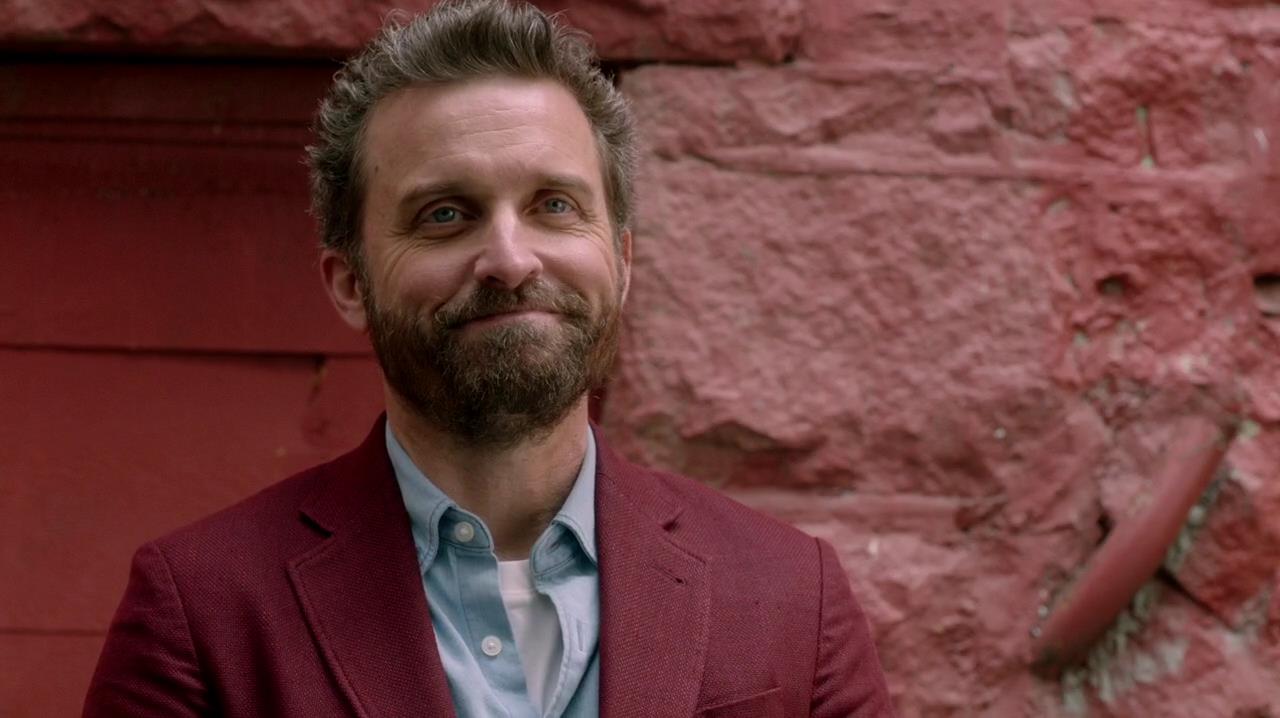
Mary’s death, Jessica’s tragedy, Azazel’s vengeance, Lilith’s loyalty, Sam’s addiction and Dean’s mission. Ghosts, Vampires, Djinns, Wendigos, Angels, Demons, Heaven and Hell.
It is solely a book.
“How else do you explain it? I write things and then they come to life. Yeah, no, I’m definitely a god. A cruel, cruel, capricious god. The things I put you through. The physical beatings alone.”
“I killed your father. I burned your mother alive. You had to go through the whole horrific deal again with Jessica.”
“All for what? All for the sake of literary symmetry. I toyed with your lives, your emotions, for entertainment.”
– Chuck, The Monster at the End of this Book (4×18)
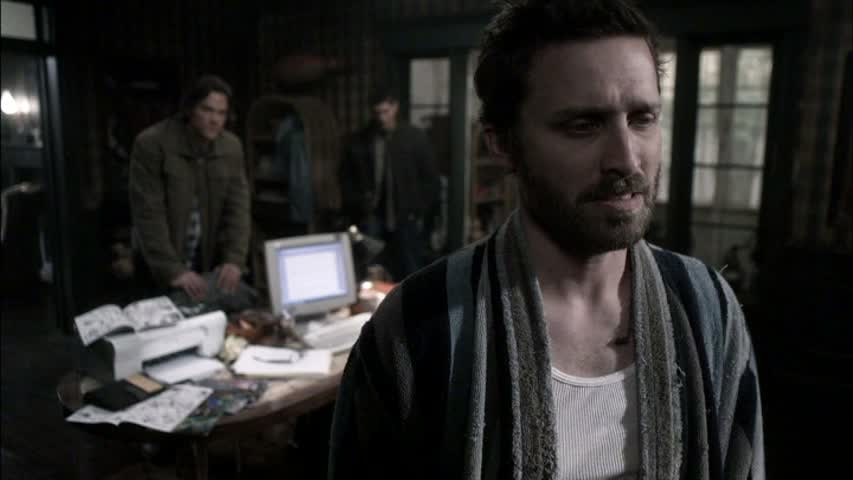
Shurley’s impaired relationship with reality, social withdrawal, loss of motivation, depressed mood and paranoia made him look vulnerable. He gave the impression that he was just a paranoid human with grandiose delusions. These characteristics all distracted us from seeing Chuck’s true colours. However, looking back at the facts, we start to realise that Chuck professed everything while being questioned by the Winchesters, during their first-ever encounter. Chuck deceived the audience by manifesting the impression of a bad writer. However, during his narrative in “Swan Song,” Chuck exhibited some characteristics of a good writer when describing the Impala and all her charming attributes. Throughout the episode, we witnessed Chuck being the deceptive calm in the eye of the storm, showing his best poker face opposite the Winchesters, deceiving them to believe that he was on their side when he was more concerned with his story.
“So, what’s it all add up to? It’s hard to say. But me, I’d say this was a test for Sam and Dean. And I think they did all right. Up against good, evil, angels, devils, destiny and God himself. They made their own choice. They chose family.”
– Chuck, Swan Song (5×23)
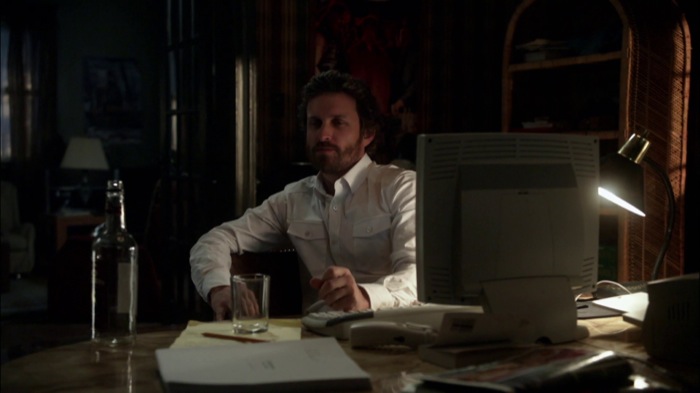
God is genuine and Lucifer is corrupt, that’s what we were led to believe. Lucifer was God’s favourite. God gave the Mark of Cain to Lucifer because God deemed that his favourite would be able to wield it. When God was proven wrong by Lucifer’s descent into darkness, instead of owning up to his own mistakes and trying to mend their relationship, God condemned Lucifer for all his sins. Lucifer was being influenced by the Mark of Cain – that is why he grew evil. Theoretically, if Chuck had power over everything, he would have had the ability to fix Lucifer’s curse in a blink of an eye, preventing the apocalypse and both Sam and Dean from going through traumatic experiences in hell, but he chose to not act because the Winchesters’ sacrifice availed his story.
“You know why God cast me down? Because I loved him more than anything and then God created you. The little hairless apes and then he asked all of us to bow down before you to love you more than him and I said, “Father I can’t.” I said, “These human beings are flawed, murderous.” And for that God had Michael cast me into hell.”
– Lucifer, The End (5×04)
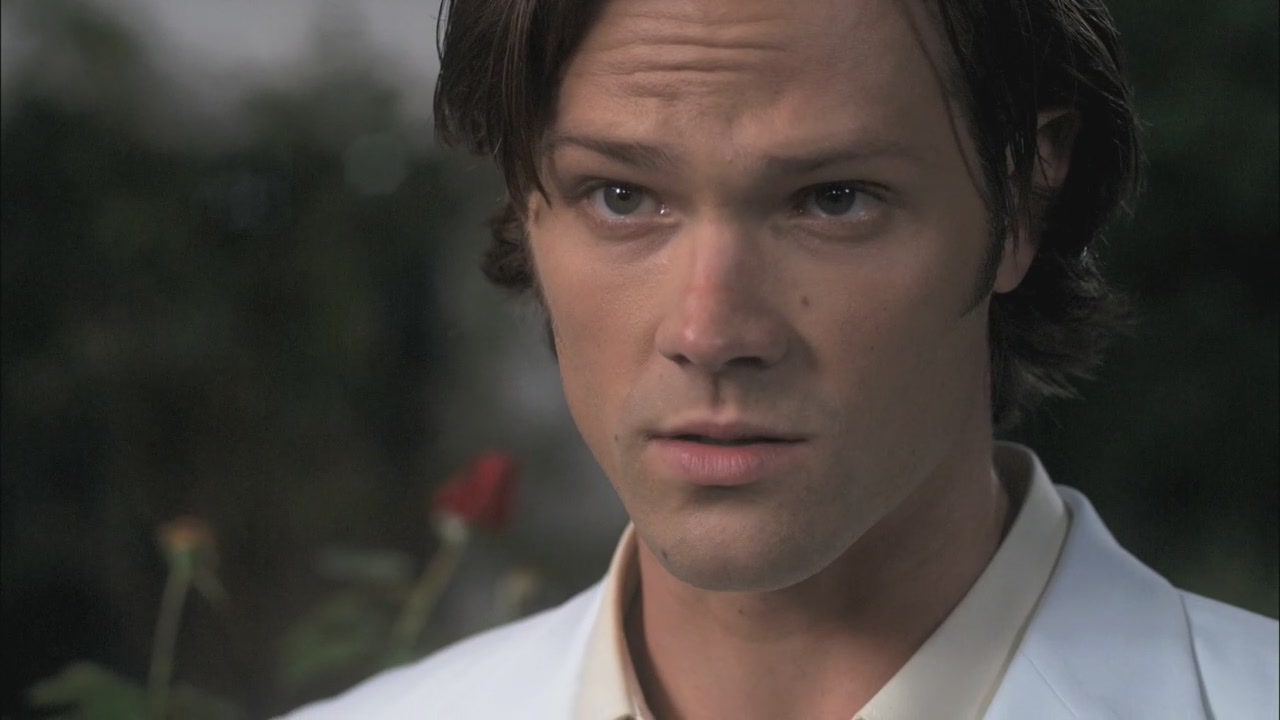
Given his egotistical nature, God doesn’t like to be opposed or have his priorities questioned. Always wanting to be the smartest person in the room, he was not content with equal standing with his sister. He claimed that the Darkness maliciously destroyed the world that he created, so he formed archangels to help subjugate her and mercilessly lock her up. He downgraded her reputation when describing her by using crude names. He portrayed her as the villain and, manipulating the truth, said that she was just desperate to be heard.
“All for his own ego. And no matter what he made, that doesn’t excuse what he did to us.”
– Amara, The Bad Seed (11×03)
“He was so threatened by me, fearful that I would make a more perfect Creation than he, so he exiled me. Virtually erased me. Passed on stories that I was a threat.”
– Amara, O’Brother, Where Art Thou? (11×09)
” I am Being. She’s Nothingness.”
– Chuck, Don’t Call Me Shurley (11×20)
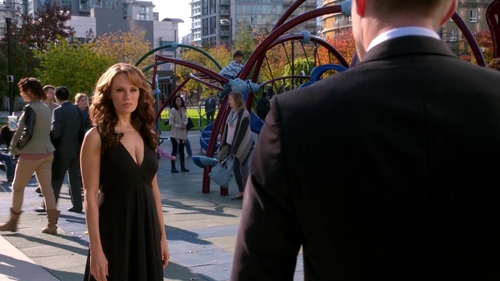
A coward is someone who is scared to tell the truth about his hazy past. God is dismayed that people, angels and other beings will see right through his facade. This may be one of the justifications of why he chose to step out of the picture rather than standing up to his own misconceptions. His biography was weak and glossed over details; designed to manipulate the readers into seeing him as the epitome of good instead of cowardice. Metatron saw through his charade.
Metatron: You know, I was a crappy, terrible god. My work was pretty much a lame, half-assed rewrite of your greatest hits. But at least I was never a coward!
Chuck: You were just the closest angel to the door when I walked into the room. There’s nothing special about you, Metatron. Not then… not now. Now… I’ve been called many things – absentee father, wrathful monster. But, coward… (Shakes his head.) I am not hiding. I am just done watching my experiments’ failures.
Metatron: You mean your failures, Chuck?
– Don’t Call Me Shurley (11×20)
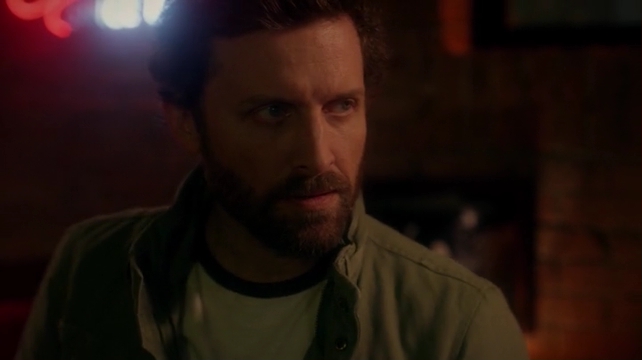
A writer grows invested in his book and will do anything to make his story compelling. Chuck chose to use literary symmetry to add strength to his writing by forming parallels. If one of those parallels did not go to disposition, he would step in to alter events to suit his story, staying in full control.
“Look at it, the gathering storm, the gun, the father killing his own son. This is Abraham and Isaac. This is epic!”
“Fine! That’s the way you want it? Story’s over. Welcome to The End.”
– Chuck, Moriah (14×20)
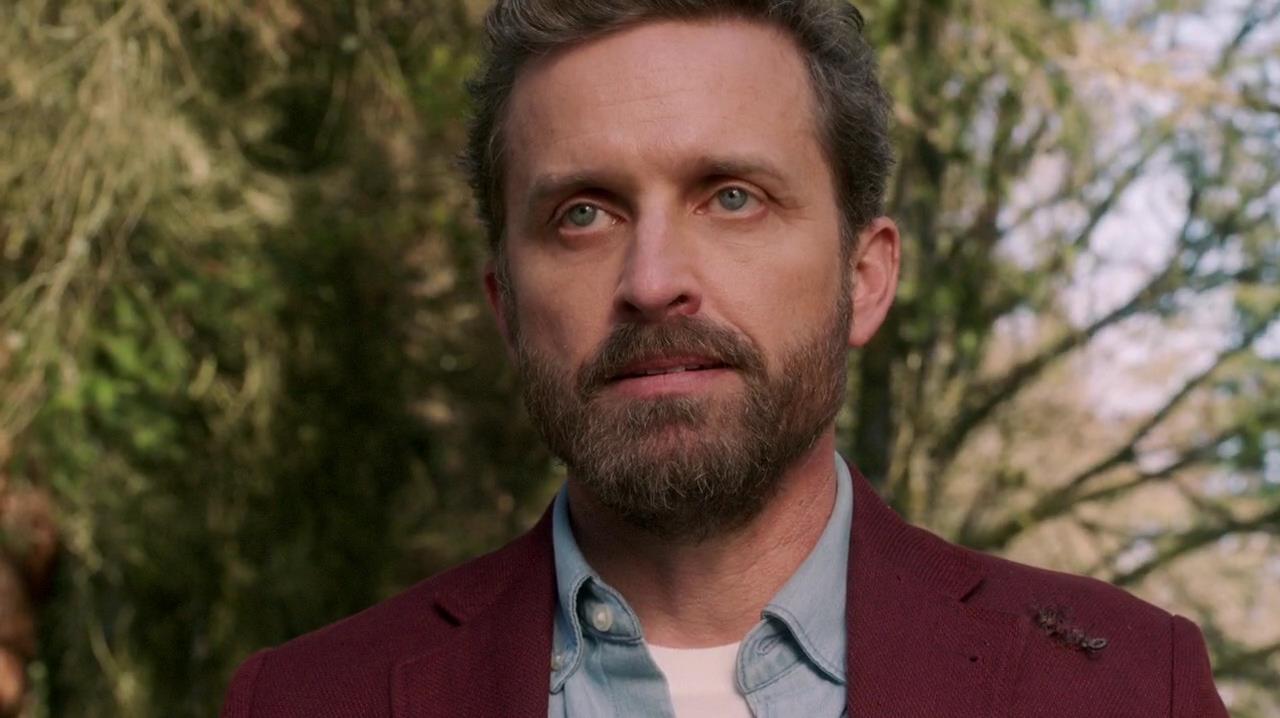
The Winchesters were just pawns in Chuck’s game. The final apocalypse is now rising. Knowing human resilience, we have reason to believe that the protagonists will not be stopped by the game’s set rules. They will go out guns blazing because that’s what they do. Chuck may be the monster at the end of this book, but the Winchesters will always be the heroes in ours.
**************************
Thoughts? Agree? Disagree? Questions? Let’s Discuss!



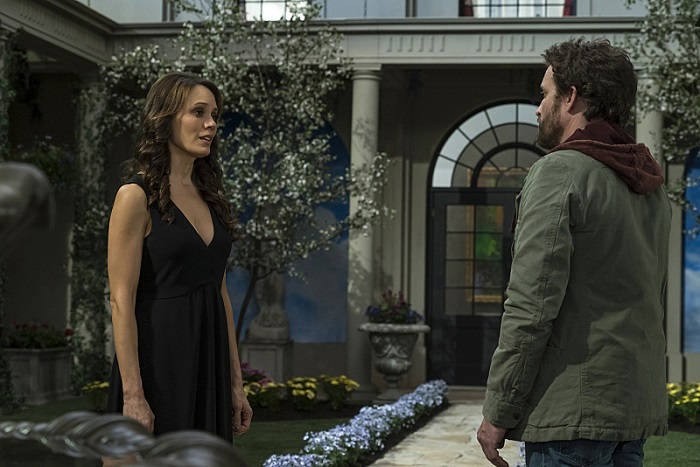
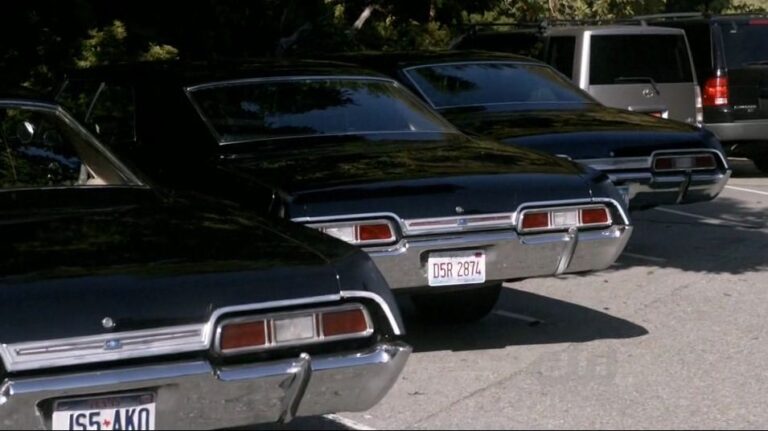
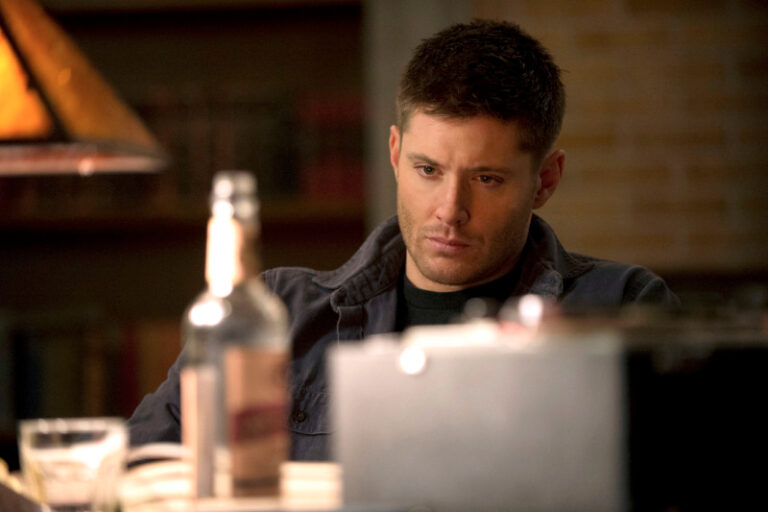
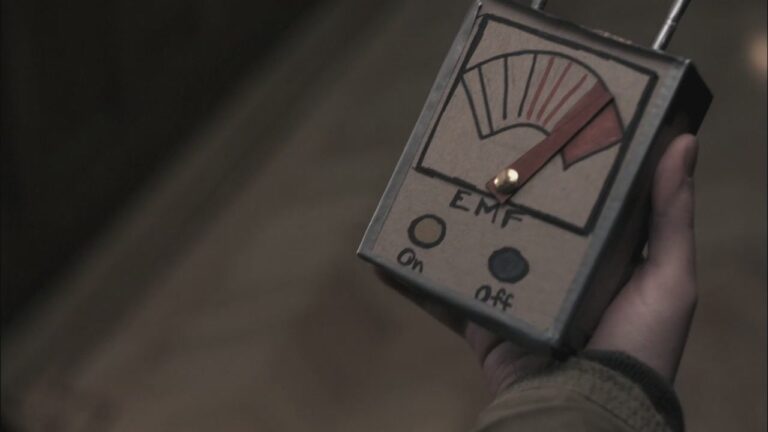

Leave a Reply